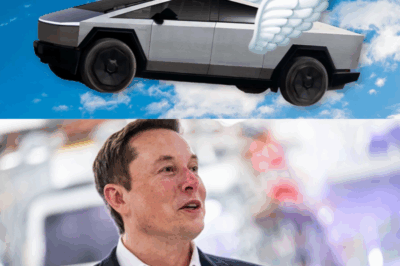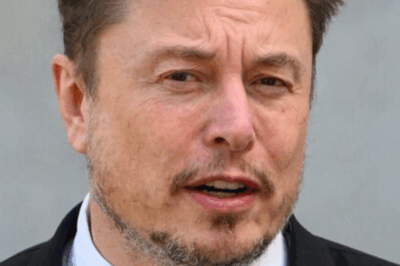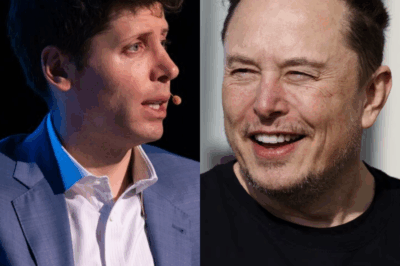President Trump and billionaire Musk are at complete odds over the tax and spending bill. Trump has threatened to deport Musk, who was born in South Africa, while Musk has threatened to form a new party.
The South China Morning Post (SCMP) reported on July 14 that tensions between the two have escalated, raising speculation about whether billionaire Musk will move his business empire to China.
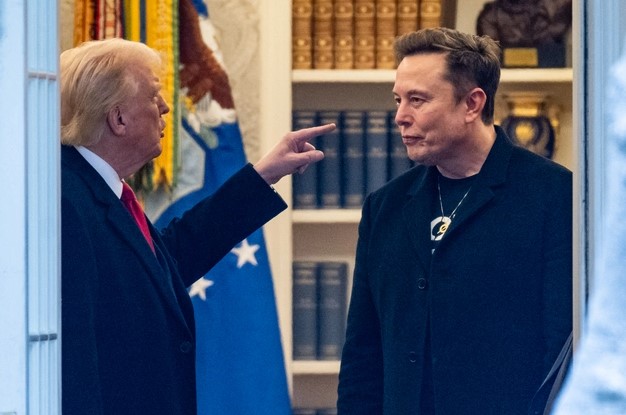
US President Donald Trump and billionaire Elon Musk in the Oval Office of the White House on March 14, 2025. Photo: AFP
“If tensions between Musk and [President] Trump escalate — especially over issues like regulation, subsidies, censorship or taxes — Musk could move more of his R&D or manufacturing resources overseas,” said Denis Simon, an expert at the Quincy Institute of Responsible Statecraft, a US think tank.
“China has an advanced supply chain and infrastructure and could become a popular destination,” Simon noted. “While Musk cannot completely move his business empire to China due to [US] export controls and national security barriers, selective knowledge transfers, symbolic alliances, and manufacturing relocations are entirely possible.”
However, expert Simon also said that although billionaire Musk can move his electric car business to China at the present time, transferring other businesses will be more difficult, especially the space technology company SpaceX.
“SpaceX’s role in US defense, satellite communications, and launch services makes this activity essentially non-transferable,” he said. “If Musk were to attempt to transfer critical space technology to geopolitical rivals, he could be viewed as a threat to [US] national security.”
China has the electric vehicle supply chain, policy incentives, and consumer base that Tesla needs, but handing over all intellectual property to China would cause a political backlash in the US, especially when it comes to patented technology, Simon believes.
In 2020, Tesla accounted for more than 16% of total electric vehicle sales in China, but that market share fell to 6% last year due to increased competition from Chinese rivals such as BYD and Xpeng.
In fact, China has already surpassed the US in electric vehicle technology, according to Zhou Yu, a geography professor at Vassar College who studies globalization and China’s high-tech industry.
“Overall, Musk’s words and actions will have a certain impact on people’s views of China, but he will not change China’s focus on innovation or the environment,” Zhou said.
“It would be difficult to move R&D operations to China, so he could expand his business in China, but China’s electric vehicle business ecosystem is mature, so the changes Musk can make are not significant,” Zhou added.
In addition, expert Denis Simon at the Quincy Institute of Responsible Statecraft also mentioned the problems that billionaire Musk’s other businesses may encounter when setting foot in China, including the brain-computer interface (BCI) company Neuralink and the Boring Company – the company developing the future transportation network Hyperloop.
“Musk’s Hyperloop idea is more successful as an inspiration than as an actual project,” Simon said.
According to this expert, although China has long been the world leader in high-speed rail, if Musk really tries to build a Hyperloop prototype in China, it could still be a technical demonstration for future transportation systems.
Simon believes the signal could be aimed at foreign investors, young Chinese scientists currently in the US, or countries looking for non-Western development models.
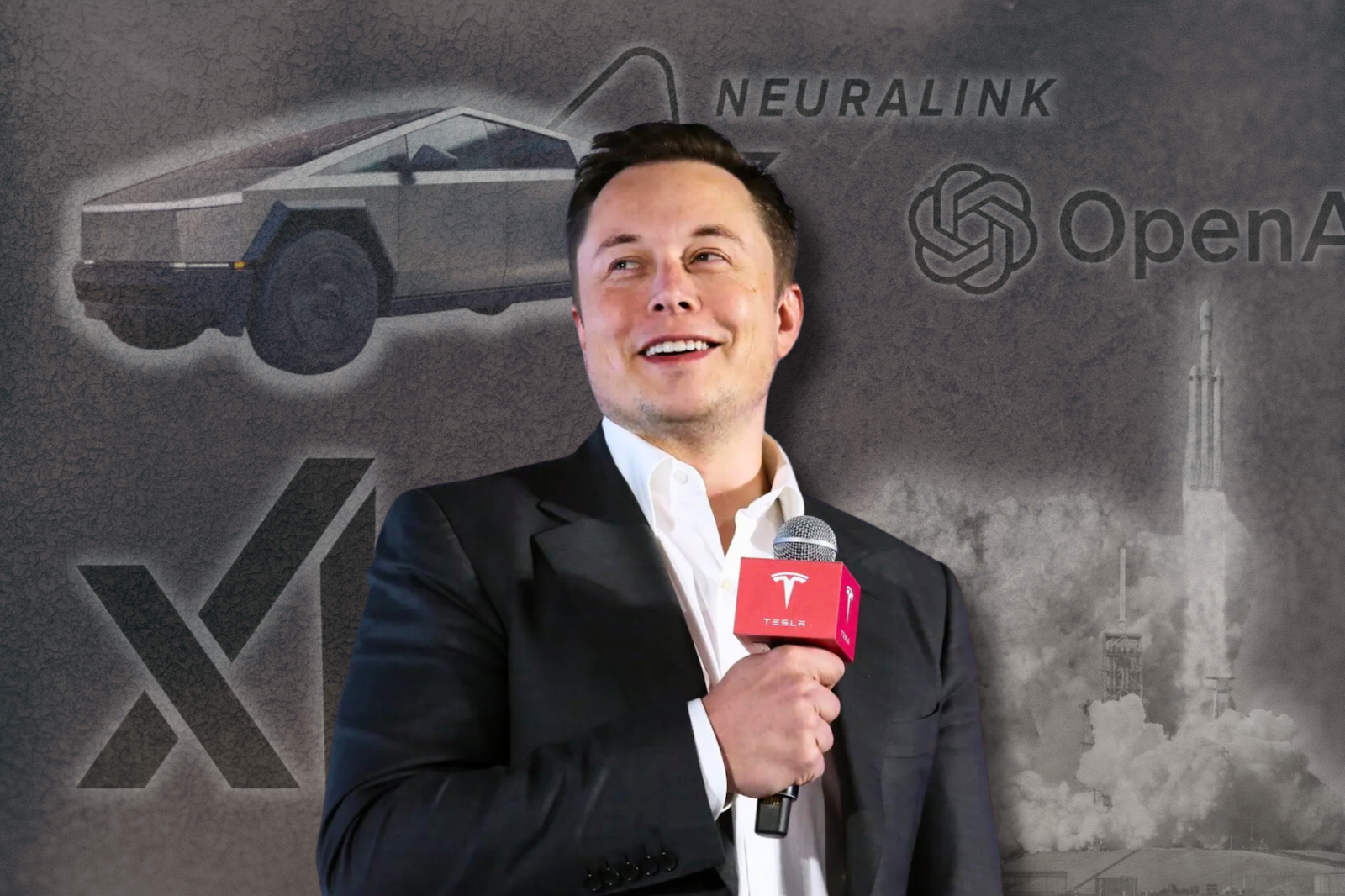
According to experts, although billionaire Elon Musk can move his electric car business to China at the moment, transferring other businesses will be more difficult, especially the space technology company SpaceX. Photo: Gorick
Chinese netizens welcome Musk
Some Chinese social media users welcomed billionaire Musk after President Trump and other Republicans threatened to deport Musk, SCMP reported.
One netizen wrote: “If he didn’t have a country, China would welcome Musk and Tesla cars would be cheaper.”
“Then come to China. China will definitely welcome rich, creative and innovative talents,” another commented.
Earlier this month, when President Trump signed the “big and beautiful” tax cut and spending bill into law, his conflict with billionaire Musk escalated.
On July 1, President Trump took to social media to criticize the government subsidies Musk’s companies receive and suggested the Department of Government Efficiency (DOGE) launch an investigation.
“Musk has received more subsidies than anyone in history by far. Without the subsidies, he would have to shut down and go back to South Africa. No more rocket launches, satellites, or electric cars, our country [the US] could save a lot of money. Maybe we should have DOGE vetted? This could save a lot of money!”, Trump wrote.
According to the Washington Post, billionaire Musk’s business empire has so far received $38 billion from contracts, loans, grants and tax credits from the US government.
“Musk’s South African birth and Canadian citizenship make him theoretically deportable, but any attempt at deportation would be a legal and political nightmare, and unlikely even under [President] Trump,” Simon noted.
News
More bad news for Tiger Woods: Farewell to tradition with his son Charlie
Medical experts warn the golf legend’s latest back surgery makes a December return unlikely Tiger Woods (right) with his son…
Son recreates Justin Bieber’s teenage image, causing a storm on social networks
Son recreates Justin Bieber’s teenage image Justin Bieber’s baby boy’s transformation into his famous father has become a hit on…
Louis Tomlinson won’t sing some One Direction songs on tour for a special reason
Louis Tomlinson explains why he won’t sing certain One Direction songs on tour Louis Tomlinson performs One Direction songs on…
Elon Musk “caused a storm” again when he promised to release a “flying car” demo before the end of this year.
Elon Musk recently announced on his podcast about a “flying car” version by the end of 2025. In his latest…
Elon Musk warns America is heading towards bankruptcy, triggering a Bitcoin ‘earthquake’?
The world’s richest billionaire Elon Musk, who owns more than $1 billion in Bitcoin through his electric car company Tesla,…
Elon Musk “teases” OpenAI CEO about Tesla Roadster refund after 7.5 years of waiting
Elon Musk and Sam Altman continue to spar on Musk’s social media platforms, after Altman shared a story about ordering…
End of content
No more pages to load




